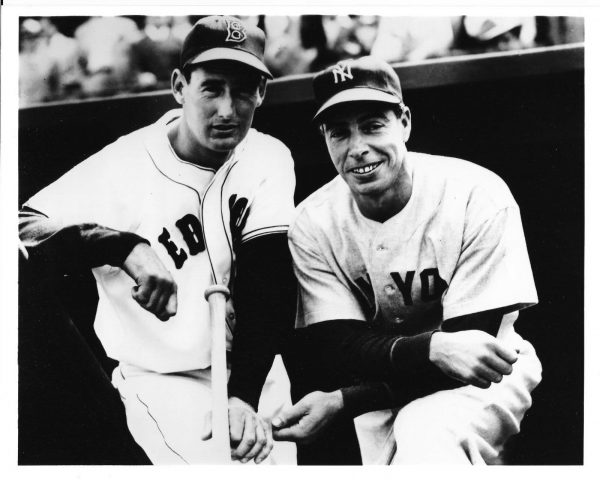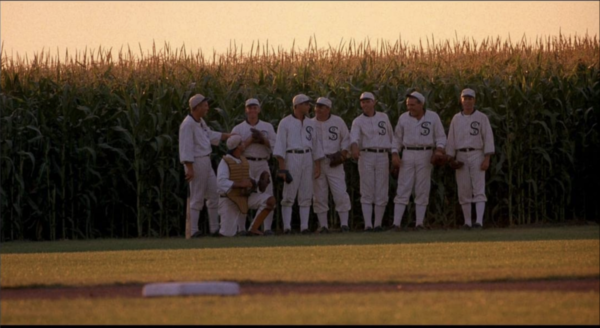By Tony Samboras
In 1941, the entire world was in turmoil. World War II was under way and the Germans were advancing on all fronts. America was sitting on the sidelines but hardly obscured by the seriousness that was unfolding on the other side of the pond. At the point when tensions were hitting a fever pitch among Americans, a lightning bolt came from the skies of Major League Baseball and turned an entire country into a nation of baseball fans.
Rare does a single season immortalize one, let alone two baseball greats. What took place on the professional baseball fields of America in 1941 was nothing short of a miracle. This is the kind of magic bettors at sportsbooks-ny.com will spend a lifetime hoping to see for just a single day.
The typical layperson knew them as Ted Williams and Joe DiMaggio. Baseball aficionados knew them more affectionately as “the Splendid Splinter” and “The Yankee Clipper” respectively. It was only by divine intervention that Williams played for the Boston Red Sox while DiMaggio plied his trade with the New York Yankees. By now, there’s little need to discuss the vicious rivalry that has existed between these two great baseball towns, dating back to the year (1920) the Yankees took Babe Ruth from the Red Sox.
Ted Williams – The Pursuit of .400
Rogers Hornsby batted over .400 for an entire season three times. Ty Cobb did it twice as did George Sisler. Ted Williams did it one time in his career and still stands as the last MLB ballplayer to eclipse the magical mark. It was during the 1941 season that Williams batted .406 to go along with 37 homeruns and 120 RBIs, just 5 RBIs of claiming the Triple Crown (leading in average, HR and RBIs).
For a good part of the season, DiMaggio was lighting the scoreboard on fire with an amazing hitting streak that seemed to have no end. Meanwhile, Williams quietly kept his batting average hovering around the .400 mark. DiMaggio was getting the headlines while Williams was going about his business. By the time DiMaggio’s hitting streak ended on July 17, the collective baseball nation began to realize Williams was in pursuit of an equally impressive mark. Baseball fans were enamored with the thought of Teddy Ballgame eclipsing one of baseball’s most difficult endeavors.
As the consummate baseball professional, Williams was offered the last day of the season off with his average sitting at .39955, which would be rounded up to .400. Not Williams. He played and went 6 for 8 on the day to end the season at the .406 mark.
Joe DiMaggio – The Streak
Joltin Joe was never all that enamored with stats. He was all about winning baseball games. The streak started off innocently enough with a single against the Chicago White Sox on May 15. By the time the streak hit 25 games, the press starting its watch and baseball fans became fanatical. While the War ruled the front pages of every paper in the country, the entire nation was going straight to sports page to see how Joe did each day.
As he inched closer to Sisler’s 41-game streak, nothing else in the world mattered other than DiMaggio’s next at bat. On June 29, he would tie the record in the first game of a double header, coming back in the second game to break the record. With the record already in the books, DiMaggio was far from done. On July 17, there was no hit. The Streak ended at 56 games and the nation’s attention turned to Williams as his pursuit of .400.
The gift these two baseball greats gave to American in 1941 will never be forgotten. Nor should the fact that both men lost two years of their baseball careers serving in the war to stop the Germans.










